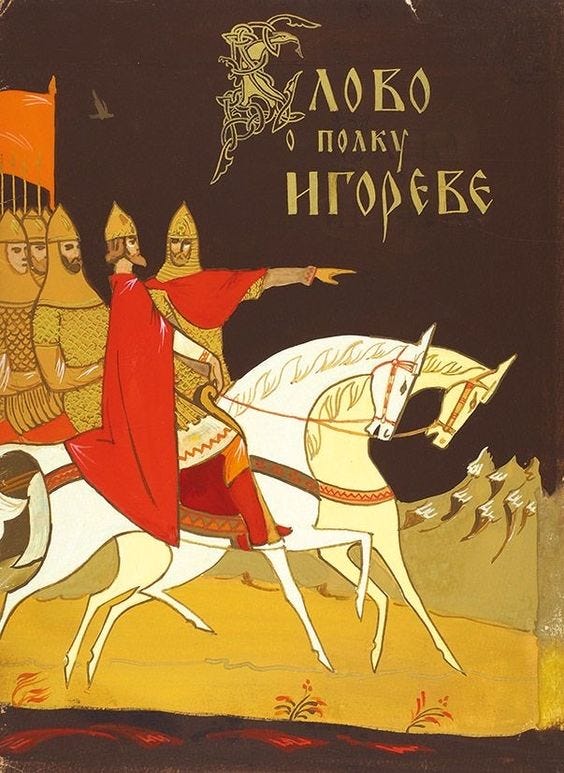Hello!
There are some new subscribers; enough that I would like to take a moment to reintroduce myself.
Hi, my name is Maya and I am an aspiring writer. When the world overwhelmed me, I always turned to books. I remember my first day of kindergarten and when the teachers told the other kids to lay down for nap-time. I hated nap-time. I also hate being told what to do. In particular, I do not like being told what to do when it relates to something I believe someone to not be responsible for (i.e. a teacher cannot tell me to sleep or what to eat, she should teach me math!). After throwing a holy fit, my wonderful teacher, Mrs. M. allowed me to sit on the beanbags and use the time to read.
From there, I used books as an escape. I slipped into the universes of The Edge Chronicles, Fablehaven, A Series of Unfortunate Events, Sabriel, Lord of the Rings, and Dracula.
I realised that I wanted to do the same. I wanted people to lose themselves in something I created.
I began to write.
Writing, however, is not done for yourself. If you write for yourself, it becomes selfish—disordered, even. After all, humans are meant to live in community and stories are how we pass truth/knowledge from one generation to the next.
When it’s done for others, you start to ask yourself who you’re speaking to and why. It becomes, then, about what is good, true, and important. That doesn’t mean you have to write a happy ending or avoid darkness. Maybe your stories serve as a warning or observations about the world around you—a perspective you’d like to subtly or unconsciously share.
The Casual Writer mentioned in a recent newsletter that writing should not be a narcissistic act, though tempting.
Writing loses its profound importance when it is done in isolation, however. The act of telling a story, of constructing a narrative is purposeful. People do not tell a story so that they can sit alone in their room and read their own words. One spends hours writing to interact with others and to witness immersion in a world that is inspired.
A good story-teller is one that tells truth.
J.R.R. Tolkien and C.S. Lewis, both Christians, did not write light, thoroughly happy stories. Their work contains dark, complex characters and themes.
To draw a parallel, there is a darkness in my book and the art that I curate, a violence—though I try to avoid scenes of a gratuitous nature. Yet, I can’t help but reflect the world around me. As a Catholic, my religion was born in blood and made free through it. Does it not stand to reason that any good story would follow the same trajectory?
Dana Gioia puts this more eloquently:
“Flannery O’Connor’s fiction is full of resentment, violence, and anger. ‘Good and evil appear to be joined in every culture at the spine,’ she observed, and violence is “strangely capable” of returning her characters “to reality and preparing them to accept their moments of grace.”
Hasty Housekeeping
Thank you for reading my musings!
Now, to business: I’d like to pose a question to you all. I’ve noticed Shades of Night Anthology as well as Eldritch Tales from the Jungle have been well received. Would you prefer that Stoney Hollow take a back seat and for it to be posted once or twice a month? Instead, I can alternate posting Shades of Night’s anthology and Eldritch Tales from the Jungle on Mondays. Let me know!







I really loved this introduction!! Beautiful! I loved to read like that too at a very young age, to escape. I loved it and still fully emerge myself into a book as if I’m watching a movie. It’s quite incredible.
Anyways, your introduction alone made me subscribe! Can’t wait to read your work!
Very lovely essay. You may have already read it, but if you haven’t I would recommend Susanna Clarke’s “Jonathan Strange & Mr. Norrell” which is very imaginative and set in a sort of alternative 19th century universe where the fairy folk mingle with humans.